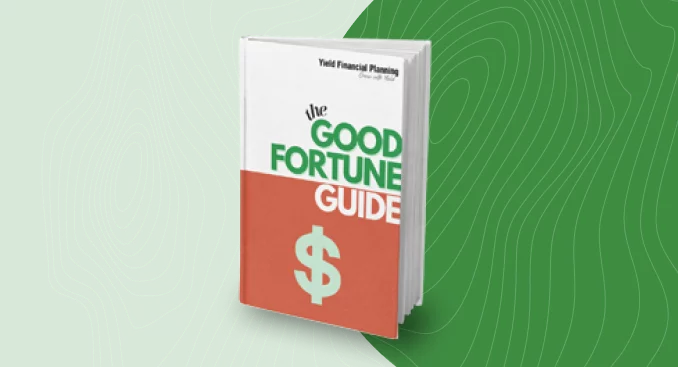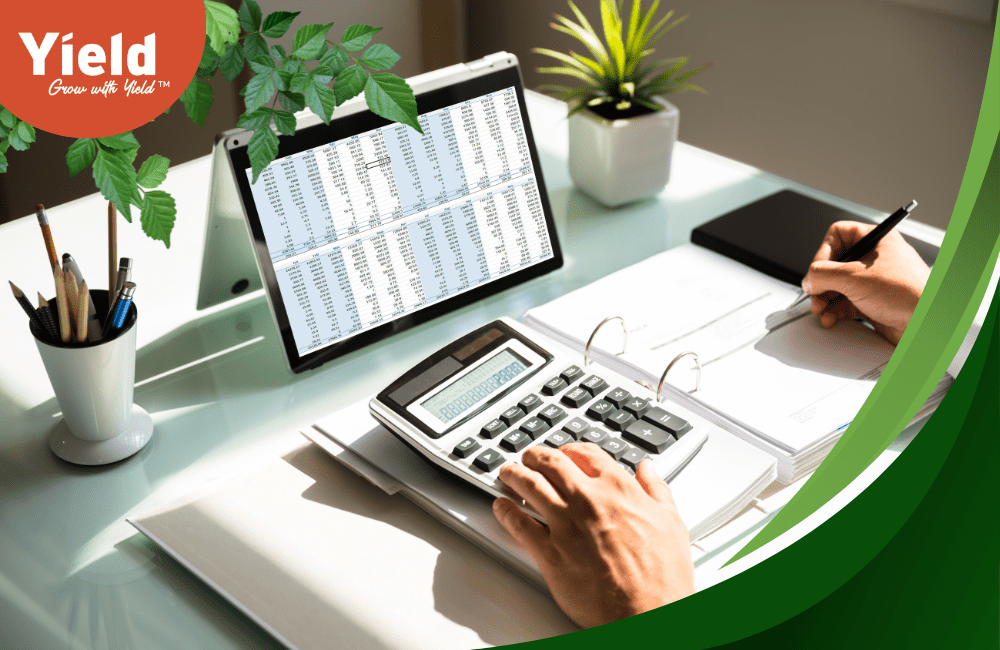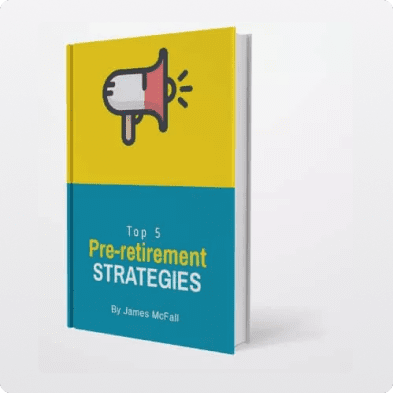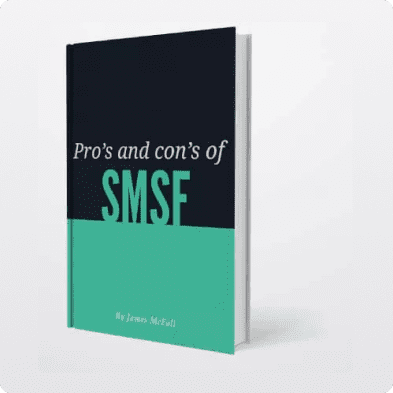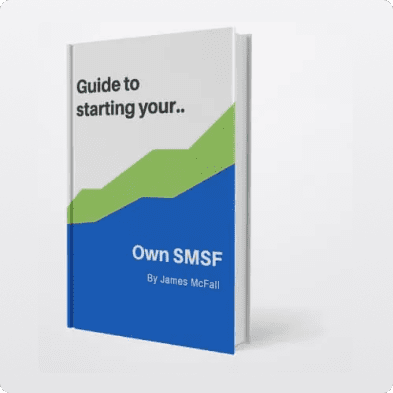This article forms part two of our two-part property series, in collaboration with our good friends over at Cate Bakos property.
There are three guarantees: life, death, and taxes and when it comes to investing in property, you will make your money stretch further if you plan well for each. Investing in property can be a great decision for your financial plan, however there is a lot of nuance, and it can cost you big if you don’t get your planning right first. A point made by Cate Bakos in her collaboration piece the quirks of buying in Melbourne.
Whether it is your holiday home, rental property, development plan or principal place of residence, each has its own tax considerations that should be navigated considerate of what is important to you in life.
This article focuses on what investment property tax may be payable and some of the ways you can look to reduce your tax bill without compromising your investment returns including:
- Stamp Duty
- Capital Gains Tax (CGT)
- Income Tax
- Land Tax
- Financial planning strategies to keep your taxes lower
- Depreciation
- GST
As financial planners in Melbourne and Sydney who specialise in property advice for our clients, we can help you build your portfolio sustainably and then reconfigure it sensibly, for retirement.

Are you required to pay tax on your investment property?
Almost certainly yes! There are several reasons why owning an investment property will result in paying tax. How much or little you end up paying however, will largely be determined by the amount of profit the investment earns and the strategic decisions you make that can influence the outcome, like timing of sale and how you structure your investments.
There are four main methods of investment property taxation, that will influence what you are left with in your pocket being, stamp duty; income tax; capital gains tax; and land tax, which we elaborate on.
Stamp duty
The first investment property tax payable is invariably Stamp duty. Stamp duty is paid when an investment property is transferred from the seller to the buyer and is usually paid as a lump sum.
While prescriptive in how it works, a complexity of Stamp duty is that it is a state-based tax, and it differs from state to state. If you purchase a $1 Million property in Melbourne in 2023 for example, you will be required to pay $55,000, compared to if you purchase a $1 Million property in Sydney you will be required to pay $43,000.
On January 16th, 2023, the NSW government introduced a new stamp duty payment option, which allows first home buyers in NSW to pay annual property tax instead of stamp duty each year instead of an upfront lump sum. Whether this results in more or less tax overall, will depend on how much the property costs to buy and how long the property is held. For example, if a property is purchased in Sydney for $830,000 with a land value of $265,000 the owner can choose to either pay $32,440 in upfront stamp duty or an initial annual property tax of $1,195 and for years to come.
The Australian tax office won’t allow you to claim stamp duty as a tax deduction. Instead stamp duty is a capital expense and therefore adds to your cost base, reducing a potential assessable capital gain in the future.
Depending on the property and/or your own personal circumstances, some properties are eligible to stamp duty reductions; some in Victoria include first home buyers, Vacant land, buying off the plan, PPOR, and more. Similarly in NSW the first home buyers assistance scheme, transfers between married couples and de-facto partners, vacant land intended to be used for a family home, and more. Reductions can also be found in QLD, WA, Tasmania, ACT, SA, and NT.
Capital gains tax (CGT)
As a property investor, it is likely that you have made the investment hoping to achieve a capital gain and this may be the tax on your property you have the most opportunity to influence, with careful tax planning. The Australian property market has provided strong, and somewhat predictable returns over decades and means that many property investors are currently sitting on unrealised capital gains and will eventually investment property tax to pay.
Capital gains tax becomes payable at the time of a CGT event, which occurs when ownership changes. For investment property investors this is usually when a contract of sale is signed.
A basic formula for calculating CGT is:
Sale price – transaction costs – original purchase price + associated transaction costs = capital gain or (loss)
There are, however, some concessions that property investors are typically eligible for, depending on what the property use is and how the property is owned, which are important to understand before making your property purchase.
Including:
– The (PPOR) exemption: Principal place of residence (PPOR)
– The six-year absence rule: Allows you to keep claiming a house you have lived in for at least six months as your PPOR for up to six years. Note: you can only claim one PPOR at a time
- Affordable housing: when you sell a property that is used to provide affordable housing, your capital gains tax discount for holding an investment asset for over 1 year can increase by up to a further 10%, meaning the discount increases from 50% to 60%.
There are also ways you can reduce your capital gains tax through taxation structures. The simplest example of this is if a property is owned by a lower income earning spouse, then CGT could be lower, compared to if it was owned under the higher income earning spouse. We explore more structuring opportunities to reduce investment property taxes further on.
An important point to reiterate is that for property investors capital gains tax becomes payable when you enter a contract of sale – not when you settle. This determines which financial year a gain is payable in and should be a consideration for when a property is listed, as it can for example, potentially defer tax payable, to a lower income year.
Timing of when you sell your investment property can therefore be very important to how much CGT you will have to pay on your investment property, but it can simply help you defer tax on your investment property further out into the future, freeing tax payable for other uses to your benefit in the meantime, such as offsetting debt for longer than you otherwise could have done. Timing should therefore be planned for and understood, with your Accountant and Financial planner before you put your investment property on the market, ideally seeking the expertise of specialist property advisors in Melbourne and Sydney or wherever you live.
The greatest opportunity to influence the amount of investment property tax you will have to pay in the end however is deciding which structure you purchase a property, and this is ideally determined upfront, before the investment is made. This is property planning at its essence, by helping ensure your investment property decisions and the tax implications are considered as part of your financial plan.

Income tax
Alongside income you may earn from your occupation or other investments, income received from investment property forms part of your taxable income. This means that rent received from your investment property and or assessable capital gains that have been realised in the financial year, must be combined with your other personal income, so they can be assessed together in your tax return.
If your investment property is negatively geared (running at a loss) you are able to deduct that loss from the income you earn. This can make it an advantage to own the property in a high-income earning spouse’s name, especially if the intention is to sell it when their tax status has changed, such as retirement.
The ATO also allows for deductions regarding income tax, consisting of:
- Immediately deductible rental expenses: Advertising for tenants, council rates, land tax, interest on your mortgage, and repairs.
- Rental expenses claimable over several years
- Depreciation on the general wear and tear of the building.
While most of these expenses will simply be incurred when they are incurred, you may consider strategically planning some of the required repairs for example, if you know you are in a higher income tax paying year. A strategy we consider for clients to potentially reduce their investment property tax is timing the sale of a property to when they have retired, as this can often help reduce their CGT, then recommend they seek their Accountants advice on potentially prioritising maintenance expenses while they are still working, that may also enhance the value of the ultimate sale. Things like painting for example, which is often advisable before selling a property.
Investment structure again is very important in determining how much income tax you pay on your investment property in the end.
To manage tax on investment properties, investors should always be speaking to their Accountant about how to improve their income tax position for their investment properties, on an annual basis.
Land tax
Land tax is a state-based tax and varies from state to state. Depending on the value of your property and if it is your PPOR, you will be required to pay some form of land tax each year.
As an example, in New South Wales there are two forms of land tax: General threshold and Premium threshold:
- The general threshold changes each year and is for property owners with a value of more than $969,000 (2023). The tax paid if your investment property meets the threshold is $100 + 1.6% of the land value above the threshold.
- The premium threshold occurs when a property is valued at $5,925,000 (2023) or more. If your investment property meets the premium threshold you are required to pay $79,396 + 2.0% of the land value above the threshold.
This graph provided below by PWC highlights the substantial differences between states:

Because land tax is a state-based tax, measured by the amount of property value you have in the specific state, a strategy to consider is diversifying across different states, which can save some fixed costs and diversify your return profile, depending on how many properties you have.
Financial Planning and Investment Property Tax Planning Strategies
Investment property tax, will be influenced by the way you structure your investments. With this in mind, the best laid plan is to start with the end in mind, and this will help inform the structuring decision that works best for you, at the outset. A family trust for example can be an excellent structure to reduce your tax bill, because through a family trust you can distribute income and/or gains in the most tax-effective way for that financial year between beneficiaries. The CGT that applies to Capital Gains distributed from a Family Trust is determined by the beneficiary that receive the distribution, meaning when distributed to an individual, the 50% CGT discount can still apply.

Superannuation will be the second biggest asset for many Australian retirees after their family home and yet it remains broadly under appreciated for those that are not getting regular financial advice. A Self Managed Super Fund (SMSF) for example gives you the option to use your super to invest into property or any number of other investments. You can even take on debt. While this option may sound immediately attractive as a way to reduce tax on your investment property, it is not advisable for everyone and should be considered thoroughly as part of your property planning, before investing.
It is worth noting that SMSF can be an excellent choice for business owners to own their commercial property they work out of and if you already own a commercial property outside of super, it may be possible and advisable to consider transferring it into the super environment. Tax on a commercial investment property can sometimes be contained using small business tax concessions also, which can be one of the best strategies for business owners.
Recognising that people will typically own their investment properties personally or jointly, and that this is often the best approach for simplicity and cost effectiveness, careful consideration should be given to whether it is owned in a higher earning spouse name, where tax deductions are higher, year to year on borrowing and eligible expenses, versus the potential better outcome of owning in a lower income earning spouse name, where income and gains may attract less tax. This equation will depend on the amount of borrowing that is needed, the regular annual deductible expenses incurred, balanced with the amount of income yield the investment earns and the timing of a potential sale and the expected tax position of the owner at that time.
A qualified financial advisor in Melbourne and Sydney, like Yield, will be able to assist you to consider your investment property tax structuring decisions, in context of your broader financial plan, planning with the end in mind.
Depreciation
An often used selling technique by developers and property spruikers is to talk up the benefit of depreciation and how it can reduce the cost of holding a property for you year to year or even create a positively geared property, where your income exceeds your costs, after deductions.
Ultimately, property depreciation allows investors to offset their declining property value from their taxable income. There are usually four categories in which investment property tax claims for property depreciation are viable: if the house is built before 18 July 1985 (can only claim depreciation for plant and equipment), built between 18 July 1985 and 26 February 1992 (able to claim both building allowance as well as plant and equipment), renovated properties (Properties built after 1985 and renovated afterwards, even by a former owner), and finally brand new and substantially renovated properties.
While it can often make sense to claim depreciation when you can year to year, it is important to understand that any depreciation claimed, reduces your cost base in the future when it comes time to sell. For example, if you bought a property for $500,000, then claim $20,000 of depreciation, the cost base for CGT calculation will reduce to $480,000, making any gain you make above $480,000 assessable for CGT.
Depreciation is essentially the tax office acknowledging that the building on top of the land you buy, is losing value and this is why land to asset ratio should always be a consideration when buying a property and will influence the investment property tax you pay on your investment properties. It can be a negative for buying an apartment too, given more of the property value is typically in the building than the land.
GST
When purchasing a property, GST can sometimes be payable. Generally this occurs when the seller is running an enterprise or is required to be registered for GST. The property does need to include a residential dwelling, so doesn’t apply to stand alone land.
Some examples of determining if you are running an enterprise include:
- Buying a property to sell it immediately for a profit.
- Buying a property to renovate and sell it ASAP.
- Developing a property to sell.
- Using the property to run a business.
Generally the seller pays the GST to the ATO on settlement.
How we can help
At Yield we are investment property experts and how it fits into your financial plan and we have helped 1,000’s of Australian’s make more informed decisions about investment property. As a financial advisors who are specialist property advisors in Melbourne, we can help you to structure your finances well from the start so that they fit with what you are trying to achieve in life and help you save tax on your investment properties in the future.
As a result of structuring your finances well, you can maximise your position, specific to your needs and goals. Allowing you to live the life you want to live and putting you on a successful path to retirement.
Structuring your plan
The structure of your financial plan depends entirely on your goals, regardless of if you own an investment property or not. Yield’s team of advisors have been consistently ranked within the top advisors in the industry, with expertise in retirement planning, wealth creation, wealth protection, and property investment and others. With our financial advisors we will help you create a structured and tailored plan.
The Yield team would like to thank Cate and the Cate Bakos Property team for their collaboration with us and encourage you to go view their companion article to this piece, The quirks of buying in Melbourne.


